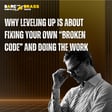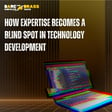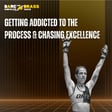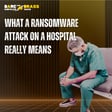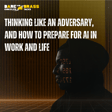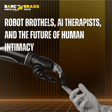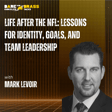
The AI-human future: Collapsing silos, leveling up teams, and investing in builders
Rinki Sethi joins the show this week! She's held just security leadership roles on just about all possible sides, and now she's also a VC investing in the next generation of founders.
George K and George A talk to Rinki about:
- Real talk and timeline on AI in SecOps
- How security teams are gonna get reorganized around AI tooling
- Why most founders fall in love with solutions instead of problems
- The brutal truth about career development in the AI era
Best quote: "I don't think AI is going to replace people. AI is going to replace people that aren't using AI - and it's already starting to happen."
Rinki breaks down why the finance team beat an engineering team during a hackathon at her portfolio company, and why that feat portends an industry wide change.
For vendors: Stop trying to impress CISOs with your tech specs. They're drowning in noise and need you to understand the actual problems their teams are facing.
For practitioners: Learn the fundamentals, then use AI to scale. The combo is gonna separate good from great.
————
👊⚡️Support the show!
For as little as $1 a month, you can support the show and get exclusive member benefits, or send a one-time gift!
https://ko-fi.com/bareknucklesbrasstacks
Your contribution covers our hosting fees, helps us make cool events and swag, and it lets us know that what we're doing is of value to you.
We appreciate you!




